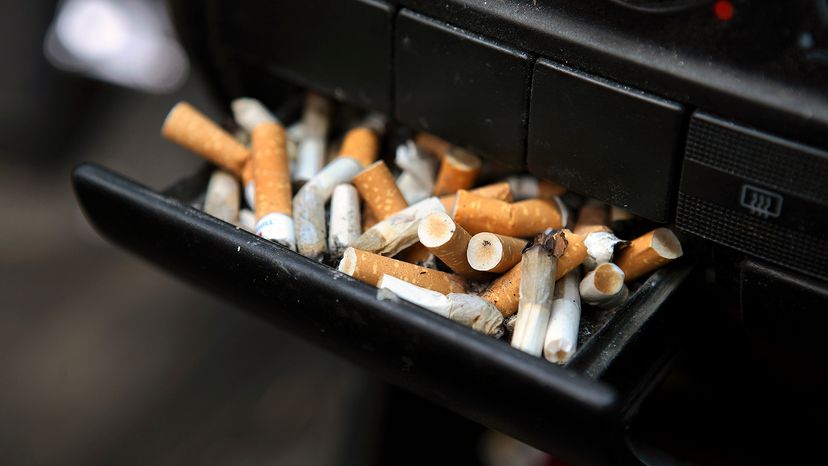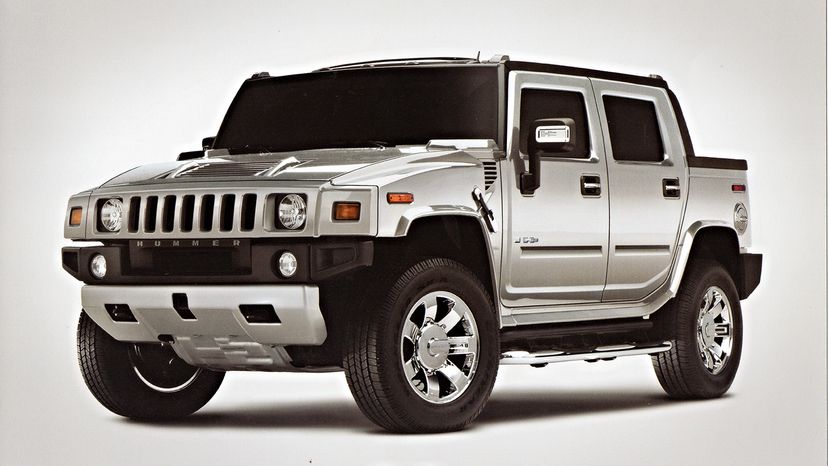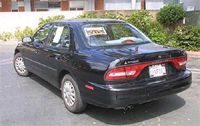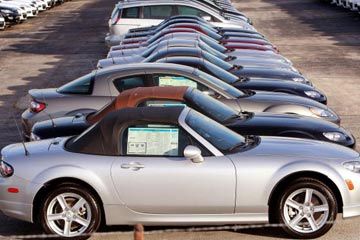
If you're trying to sell your car or trade it in, you might be surprised by how much (or how little) everybody else thinks it worth. Of course, things like the car's mileage, the time of the year and the economy will always factor in, but truth is, there are other things you might not even consider that can tank the car's price, too.
A few of these factors you might be able to fix on your own, and others, well, they're just out of your control. Let's just say you'll have live and learn and let them serve as lessons for your next car. Let's take a look.
Advertisement



